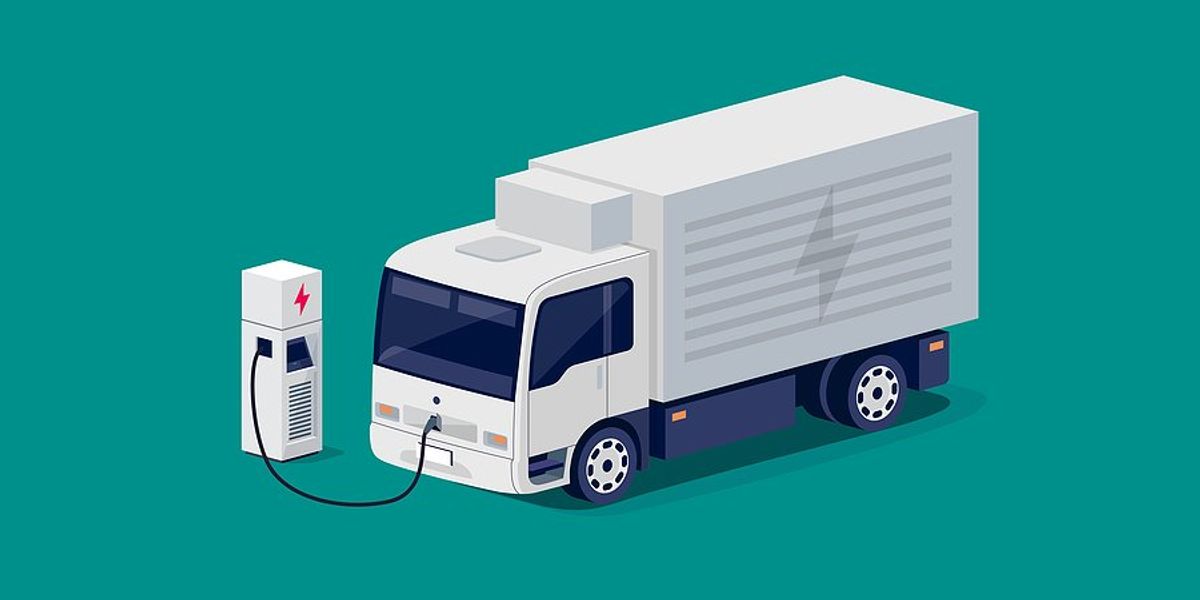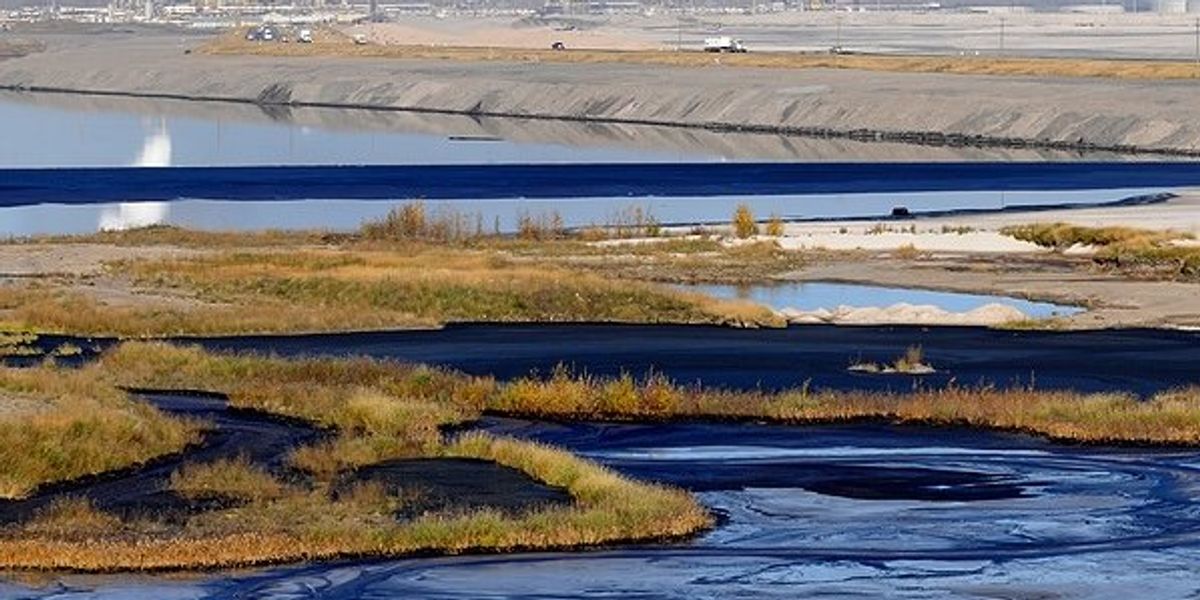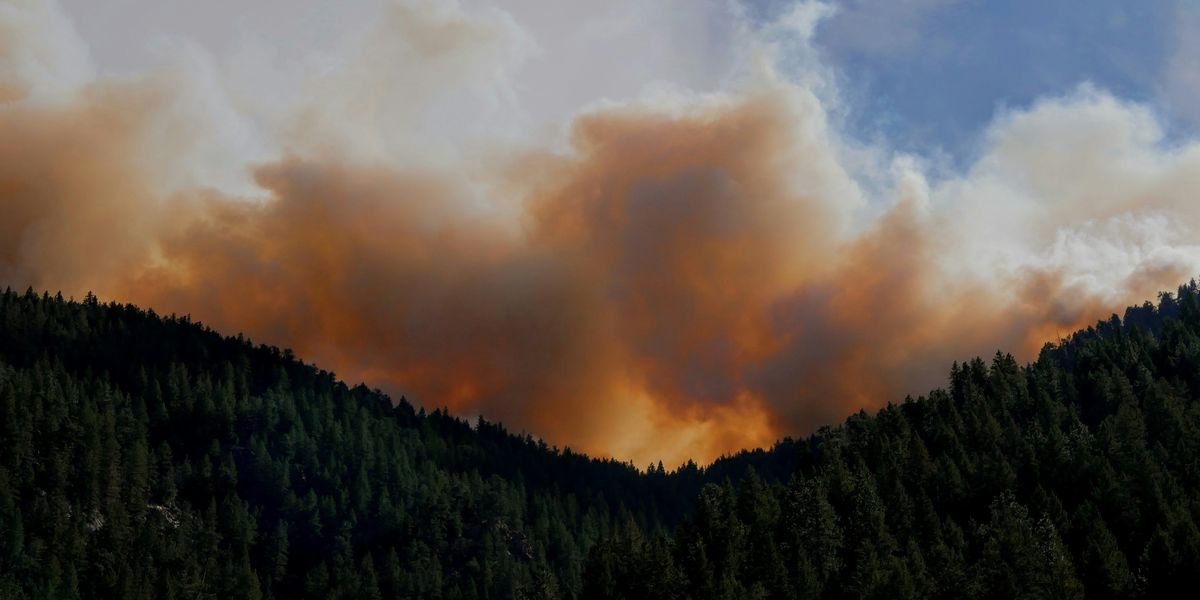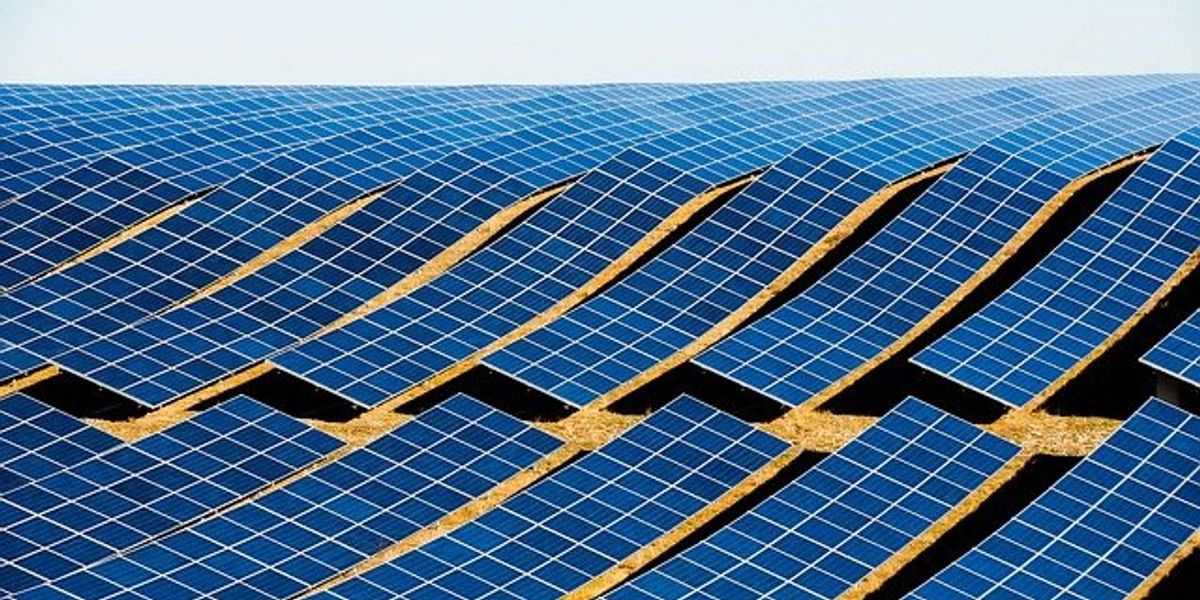corporate accountability
New right-to-repair laws put Big Tech under scrutiny
In three states, consumers can now legally fix their own gadgets, but tech giants have been slow to comply with these new right-to-repair laws.
In short:
- Right-to-repair laws in New York, Minnesota, and California require tech companies to provide access to repair manuals and parts, but many are lagging in compliance.
- Some companies, like Sony, are slowly releasing repair materials, while others, such as Apple, face criticism for restrictive practices like parts pairing.
- Advocates argue these laws are crucial to reducing e-waste and promoting sustainability, though full compliance is still uncertain.
Key quote:
“Even companies that are complying, their customer service people … haven’t gotten the message.”
— Nathan Proctor, co-author of the PIRG report.
Why this matters:
The idea behind these laws is simple but revolutionary—stop tossing out gadgets the moment they malfunction. We're drowning in e-waste, and it's not just unsightly; it's toxic. Read more: Electronic waste from just this year will outweigh the Great Wall of China.
Charging climate polluters with homicide
Climate experts and legal advocates are targeting major polluters like TotalEnergies, seeking to hold them criminally accountable for deaths caused by extreme weather events exacerbated by climate change.
In short:
- Elisa's mother died in a historic flood in France, prompting a lawsuit against TotalEnergies, accusing the company of involuntary manslaughter.
- The case is bolstered by attribution science, which links specific climate disasters to emissions from fossil fuel companies.
- Advocates argue that civil lawsuits haven't led to sufficient change, and criminal charges might push for more urgent action.
Key quote:
“The main objective of our litigation is really to hold [TotalEnergies] responsible for past decisions and past and current and future impacts of climate change.”
— Hadrien Goux, French nonprofit Bloom Association
Why this matters:
Legal and scientific minds are teaming up, using cutting-edge climate science to argue that these deaths aren't just tragic accidents but preventable outcomes of corporate negligence. It's a legal revolution with the power to shake up the entire industry and finally put human lives at the center of the climate conversation. Read more: Robbie Parks on climate justice and mental health.
Poll shows strong voter support for suing oil companies over climate impact
A majority of US voters favor litigation against oil companies for their role in the climate crisis, with nearly half supporting criminal charges.
In short:
- A new poll reveals 62% of likely voters support legal accountability for oil companies contributing to climate change.
- Nearly half of respondents support filing criminal charges, including homicide, against oil companies.
- The survey highlights bipartisan support, with significant backing from both Democrats and Republicans.
Key quote:
“Voters strongly want to see companies held accountable for their harmful actions.”
— Grace Adcox, senior climate strategist, Data for Progress
Why this matters:
This development marks a pivotal moment in the climate change discourse, as legal actions could transform the way industries approach environmental responsibility. As the effects of climate change become increasingly visible and personal—from extreme weather events to health impacts—the public's call for justice grows louder. Parents worried about their children's future, healthcare professionals dealing with the fallout of environmental health issues, and scientists striving for meaningful change all echo this demand for corporate accountability.
Vermont enacts climate accountability legislation
Vermont's new bill holds high-emission companies accountable for climate-related damages.
In short:
- Vermont's Climate Superfund Act requires companies like oil giants to pay for climate change-related damages.
- Payments will be calculated based on each company's emissions from 1995 to 2024 and the impact of those emissions on Vermont's extreme weather.
- The funds collected will be used to enhance infrastructure, weatherproof public buildings, and address health impacts of climate change.
Key quote:
"We’re able to say very clearly, ‘We would not be experiencing these intense global temperatures without human-caused climate change and the history of carbon pollution.’"
— Andrew Pershing, vice president for science at Climate Central
Why this matters:
This law links financial accountability to scientific research on climate impact, potentially setting a precedent for other states. It addresses not just environmental but also public health challenges, offering a model for proactive climate adaptation and mitigation. Read more: "We just can’t quit fossil fuels, can we?"



















